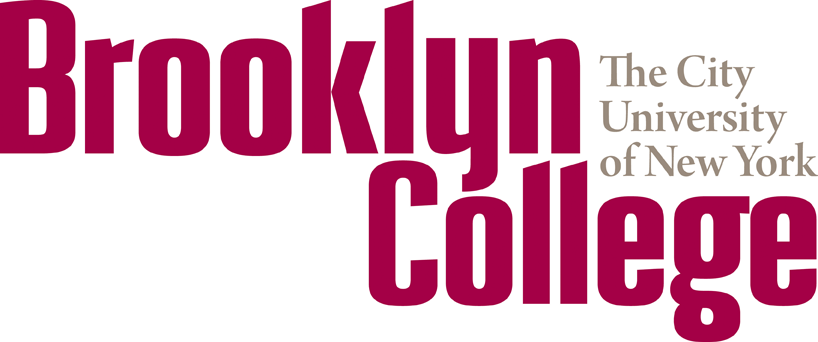
Publications and Research
Document Type
Poster
Publication Date
6-2019
Abstract
Aim Undergraduate nutrition and dietetics students need to develop research skills and professional competencies to identify evidence-based nutrition and food studies research. Research skills are essential for student success in dietetic internships, graduate school, and future professional practice as nutrition and dietetics professionals. In a collaborative effort to improve student research skills, teaching faculty, the program director, and the liaison librarian developed a series of research skills one-shot sessions for an accredited undergraduate program in Foods and Nutrition at a public liberal arts college. Using a scaffolded approach, the library sessions were designed to help students build research skills essential to preparation for graduate school, dietetic Internships and to practice as health professionals. The program was piloted in Fall 2016 and presently continues.
Methods The librarian reviewed nutrition curriculum map for all required nutrition courses; conducted content analyses of syllabuses and library related research assignments for projects; and facilitated formal and informal discussions with faculty and program leadership. The librarian developed appropriate workshops for the curriculum. For assessment purposes, the librarian sent a short survey to collect feedback from the students at the end of each semester. To assess evidence of library research skills at the end of the academic program, the librarian observed student capstone presentations.
Results Five required courses in the program now include a specific library session that contributes to developing students’ research skills. Topics include online health information literacy, scholarly research using databases, citation tracking, and finding government data. Each lesson adds to a student’s toolkit and the assignments in the relative course incorporate their new skills. Observations of presentations indicate that students are adept at finding information using databases and data sources, and using discretion when selecting resources found through online search engines.
Discussion/Conclusion Librarian and faculty collaboration is essential to ensuring that content of workshops is aligned with the assignments and course objectives. Reflective consideration of faculty and student feedback is crucial for librarian to revise and enhance workshop content. Research skills instruction scaffolded throughout a curriculum builds crucial professional competencies.

Comments
This work was originally presented at the 10th International Evidence Based Library & Information Practice Conference (EBLIP10), held in Glasgow, Scotland,